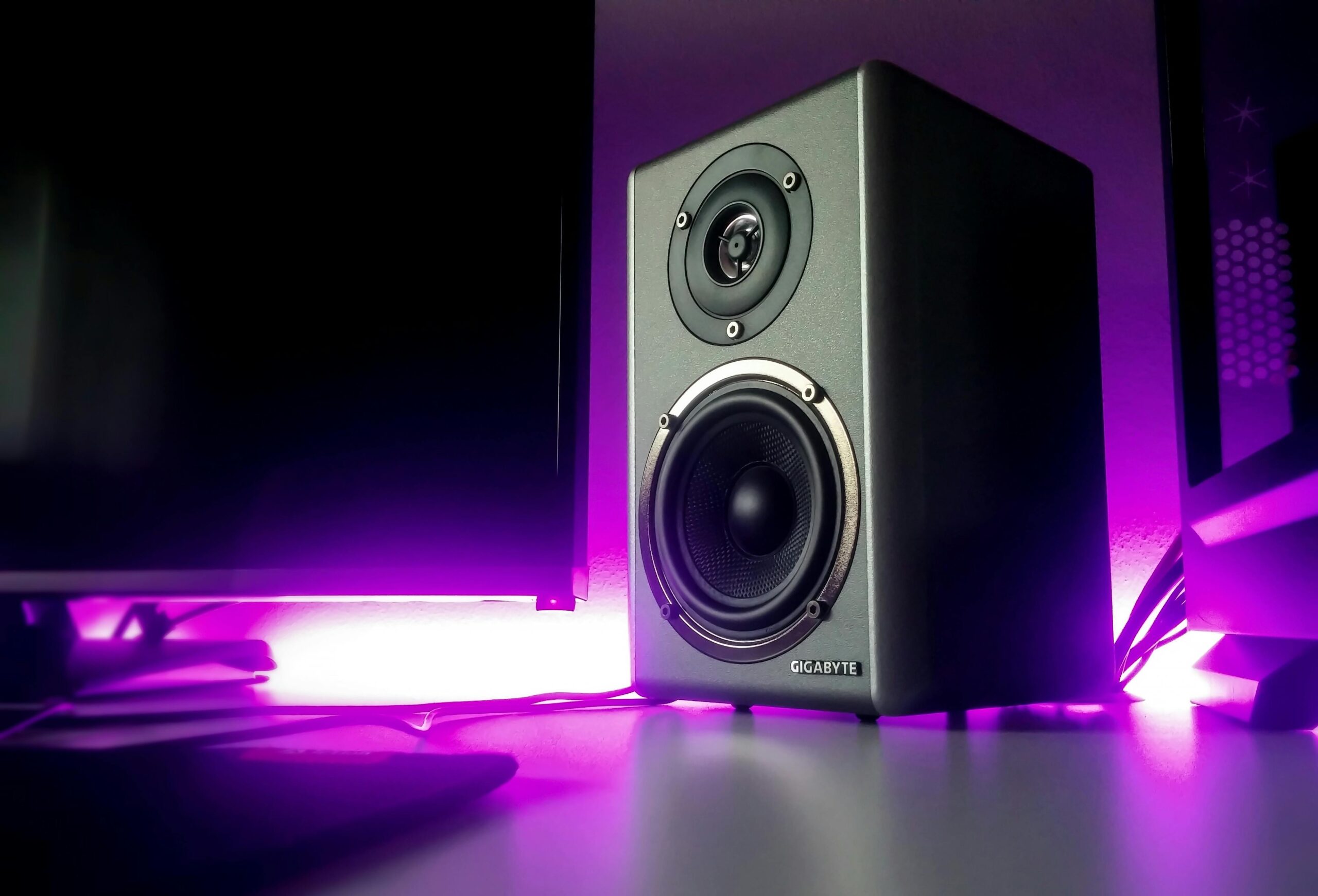Choosing between wired and wireless sound can be a tough decision. Each option has its unique advantages and drawbacks. Wired sound often offers superior audio quality and reliability. Meanwhile, wireless sound provides convenience and freedom of movement. In this blog post, we’ll explore the key differences between the two. We’ll help you determine which sound option is best for your needs. Which is a Better Sound, by Wire or Wireless?
When considering wired sound, one of the main benefits is the consistent audio performance that comes from a direct connection, which is particularly advantageous for audiophiles and professionals who demand the highest fidelity. On the other hand, wireless sound has seen significant advancements in technology, with many modern systems offering impressive sound quality that rivals wired options. Additionally, the absence of cables allows for a cleaner setup and greater flexibility in positioning speakers or headphones, making them ideal for casual listeners or those who prioritize portability. Ultimately, your choice will depend on your specific use case, preferences, and how you value the trade-offs between sound quality and convenience.
Another important factor to consider when choosing between wired and wireless sound is the aspect of latency. Wired connections typically deliver near-instant audio transmission, making them the preferred choice for activities such as gaming or live performances where timing is crucial. In contrast, wireless options may experience slight delays, which can be a concern for users looking for synchronous audio-visual experiences. However, many wireless technologies have made significant strides in minimizing latency, with some models offering low-latency modes specifically designed for gaming and video streaming. Understanding your primary usage scenarios and how each option aligns with your requirements will ultimately guide you towards the best sound solution for your lifestyle. Which is a Better Sound, by Wire or Wireless?
# Is Wireless Sound Quality Better Than Wired?
The debate between wireless and wired audio devices continues to spark interest among music enthusiasts and professionals alike. Traditionally, wired headphones and earphones were seen as superior due to their direct connection, offering consistent sound quality without the risk of interference.
However, advancements in Bluetooth technology and high-resolution wireless codecs have significantly narrowed the gap, allowing wireless devices to deliver excellent audio performance. While wired options still have the edge in pure fidelity, many modern wireless devices offer a quality level that is more than sufficient for everyday use.
# Are Wires Better Than Wireless?
When comparing wires to wireless technology, it often comes down to priorities such as stability, convenience, and performance. Wires provide a reliable and uninterrupted connection, making them ideal for professional use in studios, live performances, or situations where latency must be minimized.
On the other hand, wireless solutions shine in mobility and convenience, freeing users from tangled cords and offering seamless integration with smartphones, laptops, and other devices. The answer largely depends on whether you prioritize flawless consistency or modern convenience.
# Which is Better, Wireless or Wired Earphones?
The choice between wireless and wired earphones depends on the user’s lifestyle and listening needs. Wired earphones typically offer better value for money, as they provide consistent sound quality without the need for charging. They are also less prone to compatibility issues.
Wireless earphones, however, dominate in portability and features, with many models offering active noise cancellation, touch controls, and voice assistant integration. For casual listeners, wireless earphones may be more practical, while audiophiles and professionals might prefer wired options for their reliability.
# Is a Wired Microphone Better Than Wireless?
In the world of microphones, wired options remain the standard for professional recording and stage performances due to their stability and sound accuracy. Wired microphones eliminate the risk of signal dropouts and latency, making them dependable in critical settings.
Wireless microphones, however, provide unmatched freedom of movement, which is essential for presenters, performers, and fitness instructors. While both have their merits, the decision depends on the balance between performance reliability and mobility needs.
# Final Verdict: Wired vs Wireless Audio
Ultimately, the debate is not about one being universally better than the other but about suitability for different contexts. Wired devices remain unbeatable for consistency, audio fidelity, and professional reliability, while wireless options excel in convenience, portability,
and evolving technology. As wireless technology continues to improve, the gap is shrinking, making both options highly relevant. Choosing between wired and wireless comes down to personal priorities—whether you value absolute sound precision or the freedom of a cable-free experience.

